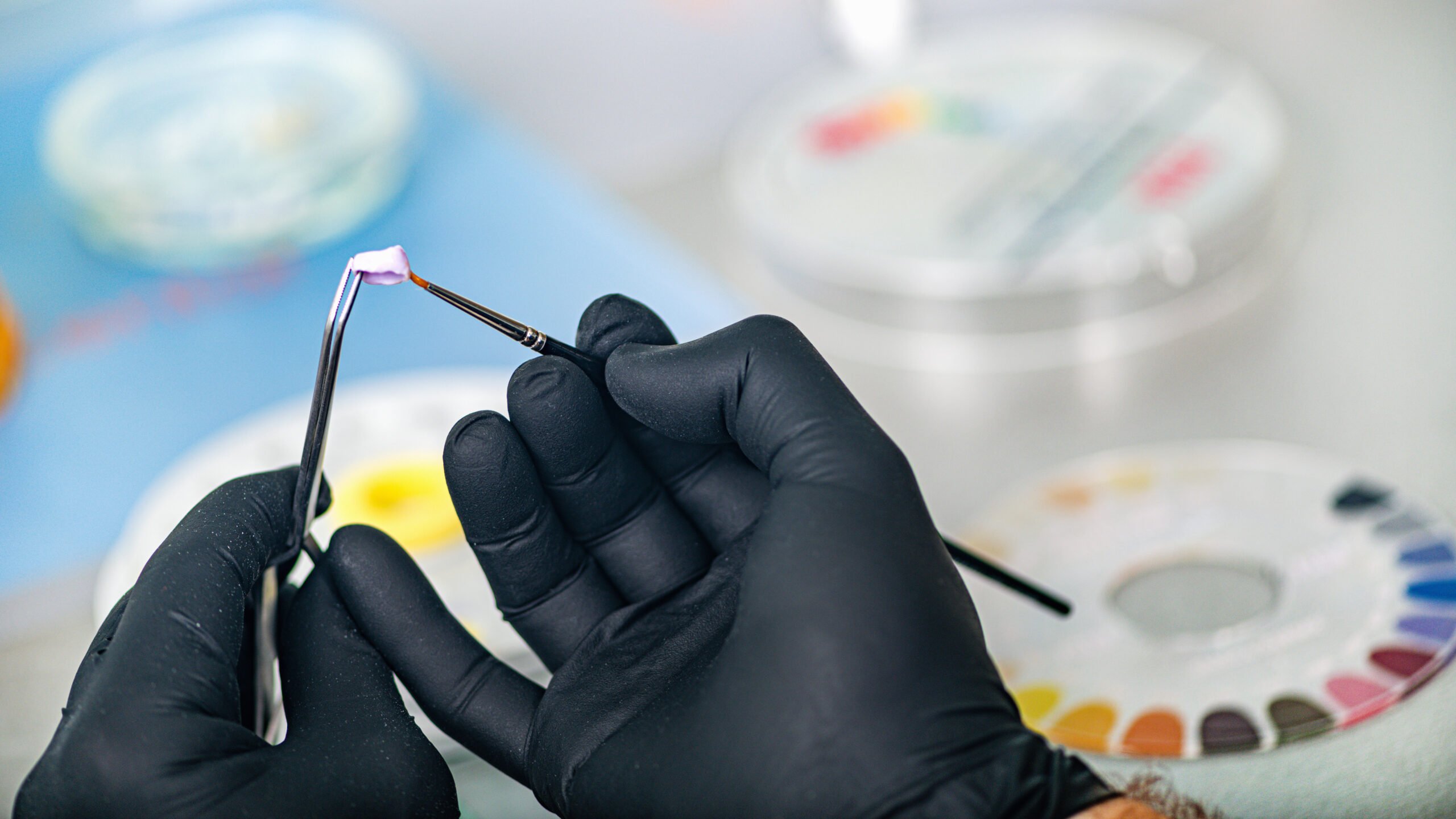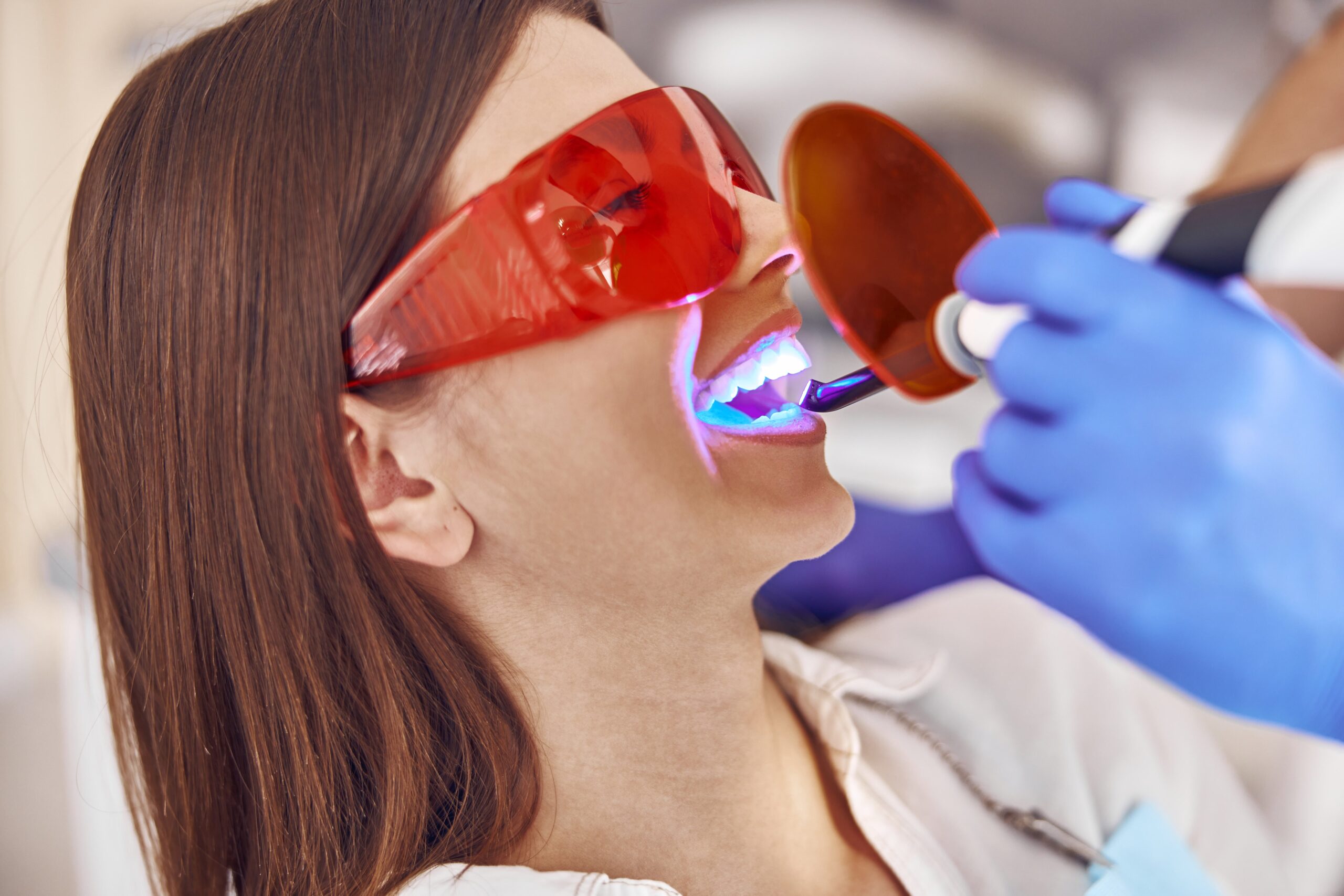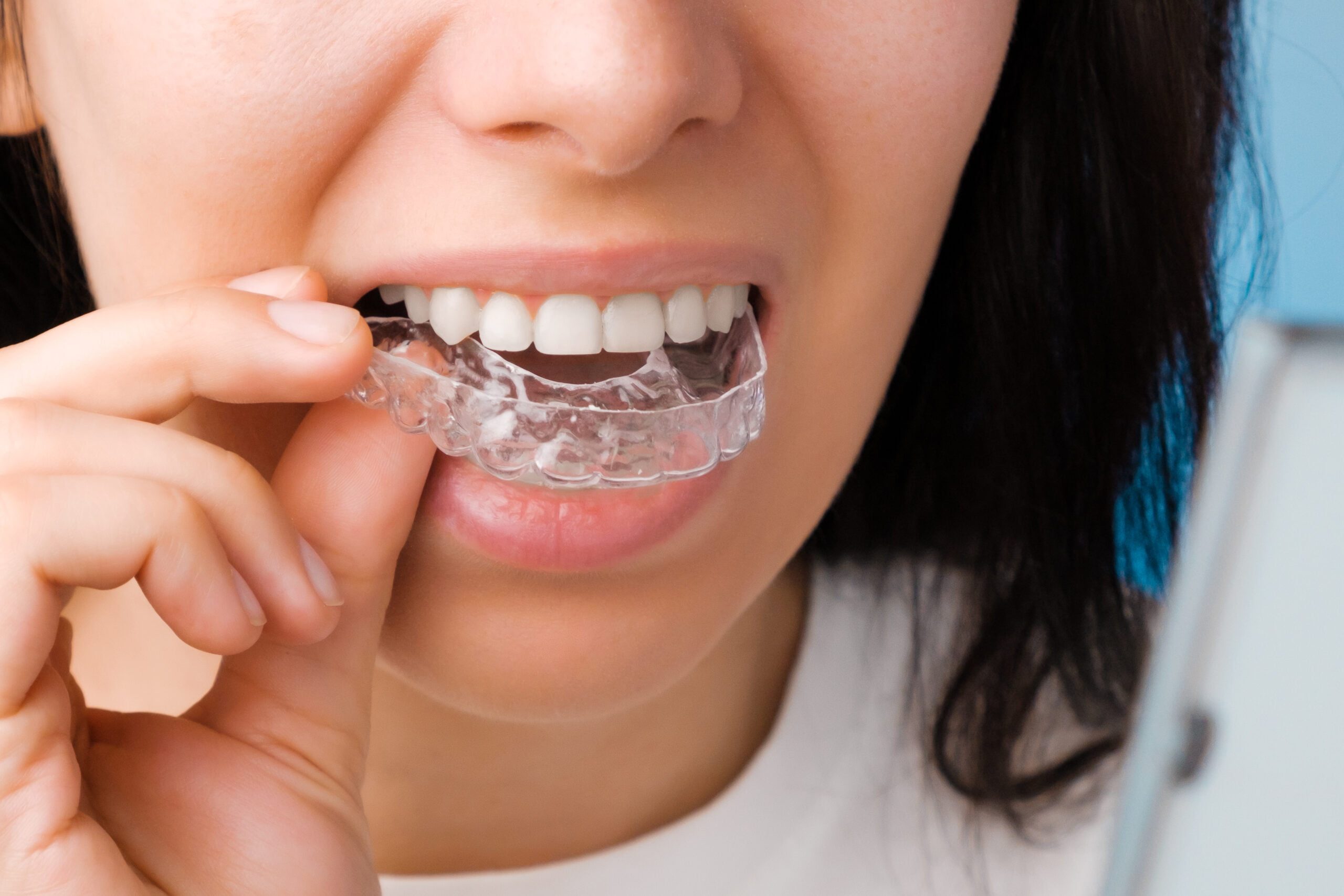GENERAL DENTISTRY

We’re thrilled to be your new home for exceptional dentistry. Visit us for a cleaning, general dental exam, and a bit of pampering. Plus, everything else you need to look and feel your best.
As an English speaking dentist, we also welcome foreign patients in our Taipei clinic.
COSMETIC DENTISTRY

A smile is a form of communication that speaks all languages. It says, “hello” and is a projection of confidence. The smile is often undervalued or overlooked when individuals are looking to make a change to improve their appearance and quality of life. Modern dental technology has made it easier than ever to enjoy the benefits of an improved smile and comfortably undergo treatment.
INTERVIEW
An Interview with Dr.Giny Woo
Which of your dental treatments are covered by NHI in Taiwan?
In Taiwan, dental treatments covered by NHI (National Healthy Insurance) includes:
- Check up and clean
- X-rays
- Simple fillings
- Periodontal (gum disease) treatment
- Wisdom teeth extraction
- Root canal treatment (uncomplicated cases)
What is tooth sensitivity and why do I have it?
Teeth sensitivity usually happens when teeth enamel (the superficial layer that protects the tooth pulp and dentin) in thinned down or broken, and the dentine is exposed from these causes:
- Receding gums
- Decay or cavities
- Teeth grinding (wearing down of enamel)
- Chipped or fractured teeth
- Teeth bleaching and whitening
- Dietary acids such as food with low pH (e.g. coke, pepsi, wine, sport drinks, vinegar, citrus foods). Or acid reflux, vomiting from certain medications.
Patients with teeth sensitivity feel pain when they consume foods or drinks which are hot, cold, sweet or acidic.
How long do dental fillings last? What filling material should I choose?
With proper care, a white filling (composite resin material) on average can last for 10 years. If your filling is old and starting to show some signs of wear and tear, it’s important to replace it before it cracks.
If your filling is multi-surfaced or involves a larger cavity, it is better to use porcelain inlays or onlays to rebuild teeth. Since the inlays/ onlays are custom-made in a dental lab, they are made with stronger materials such as porcelain, which is more high-strength and durable than traditional fillings.
How much does a crown cost?
The cost of a dental crown in Taiwan can range from 20,000-30,000 NTD. Prices will vary depending on the type of crown material you choose.
Can you get whiter teeth after stain removal and polishing?
Extrinsic teeth stains are stains on the outside of your teeth. They are caused by food and drink pigments that discolour the surface of the enamel (such as dark-coloured beverages, coffee, tea, red wine, berries, curry, sauces, smoking or tobaccos usage)
Because extrinsic stains only stay on the outer surface, they be removed by the dentist during your regular visits.
Intrinsic teeth stains reach beneath the surface of the tooth. These stains are more difficult to remove than extrinsic stains. While at-home teeth whitening products can help, if you desire complete removal or to lighten your teeth a few shades whiter will often require in-office teeth whitening by your dentist.
How long do night guards last?
Teeth grinding, also known as bruxism, is a common widespread condition that affects children and adults. Wearing a night guard to sleep will improve night rest and protect your teeth from the grinding.
Even the most durable night guard will need to be changed at some point because it absorbs the entire force of your jaw muscles every night. Most dentist recommend replacing custom-made night guards every 1-2 years, depending on how often they are used and the severity of your teeth grinding.
If you see signs such as substantial cracks, wear and tear, loosening of your guard or an excessive build-up of bacteria are all reasons to say goodbye and replace your current night guard.
What types of dental crowns are there? And which is the best for me?
Dental crowns are tooth-shaped caps that helps protect and restore teeth that are badly broken down, damaged, worn, fractured or have been root-canal treated.
The main types of crowns available are:
- Gold crowns: Usually used for back teeth. Main advantages are highly ductable (meaning the crown will become extremely fitted and bonded to your teeth with time). High durability and strength. Requires less tooth structure to be removed. However they are not so aesthetic.
- Porcelain (E-MAX crowns): Made of lithium disilicate (light and thin). Main advantage is they are highly aesthetic because the ceramic material allows more light to pass through, giving it life-like transluceny with opaque whiteness.
- Porcelain (Zirconia crowns): Biggest advantages of zirconia are its high strength and durability and resistance to pressure (800-1000 mPA compared to EMAX 500mPA). Requries less tooth structure to be removed. And has the ability to conceal dark coloured teeth or dentine.
- Porcelain fused to metal crowns: Most suitable for back teeth because this type combines both strength (inner metal structure) and aesthetics (outer porcelain) which allows it to appeal aesthetic, strength and durability, and good fitting of the crown. Biggest disadvantage though of this option is that the metal alloy inside the crowns stains the dental root and gingiva over time, the gum can become tinted to become grey, pruple and dark which is aesthetically unpleasing.
*mPA means megapascal (the mega unit used to measure the intensity of pressure or force per unit area that a material is able to withstand before breaking). The normal mPA of teeth enamel is around 380mPA)
How can I whiten my teeth? How long does teeth whitening last?
Professional teeth whitening is often an efficient, safe and effective choice for brightening your smile. But there’s plenty to consider, including cost, your lifestyle habits and whether a comprehensive in-office treatment or a custom take-home-tray is the better choice.
Professional whitening methods
- In-office teeth whitening: Your teeth-whitening will be completed in the dental office by the dentist. A high concentration hydrogen peroxide gel is applied to your teeth, combined with a high-intensity light (like LED, UV or halogen) to accelerate the whitening process.
- Custom take-home whitening trays: Your teeth-whitening will be completed at home. First, your dentist will make custom-fabricated whitening trays for you – these trays will fit perfectly to the shape of your teeth. You will also take home a set of bleaching gels (10-15% carbamide peroxide based gels) to whiten teeth at home.
The effects of teeth whitening will depend on how you care for your teeth – the results can last as long as 6 months to 1-2 years. The results cary from one person to another, depending if you consume lots of coffee, tea, red wine, berries, curry, sauces, smoking or tobaccos usage – the more of these you consume, the faster your teeth will stain again.
In-office laser teeth whitening vs. home-bleaching whitening: which one is better?

Hours of Operation
MON – FRI
9:00am – 6:00pm
SAT
9:00am – 12:00pm
Drop Us a Line
Don't be shy. Let us know if you have any questions!








